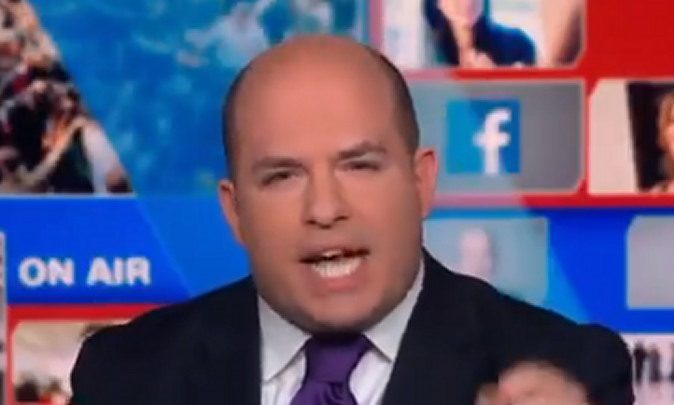In the political landscape leading up to the upcoming elections, Vice President Kamala Harris’s interview on FOX News garnered significant attention, particularly from media outlets and commentators aligned with the Democratic Party. The interview is described as a “train wreck,” marked by Harris’s inability to adequately address tough inquiries regarding the border crisis, where she attempted to deflect blame onto Trump. Her performance allegedly deteriorated under pressure, leading her team to end the segment prematurely. This breakdown in composure highlighted a broader concern regarding her readiness to face difficult questions, especially as she had been relatively insulated from challenging discourse prior to this encounter.
Despite the evident shortcomings in her performance, many of Harris’s supporters in the liberal media quickly pivoted to defend her, insisting that she had nonetheless succeeded in the interview. CNN’s Brian Stelter featured commentary from Harris’s spokesperson, framing it as insightful analysis. However, critics questioned the authenticity of this representation as it largely echoed campaign rhetoric rather than offering an objective assessment of her performance. Moreover, comments from various progressive pundits portrayed Harris not just as competent but as a formidable presence in the political arena, suggesting that her ability to confront challenges is a testament to her strength.
Prominent Democrats, such as former Congressman Max Rose, characterized the interview as a “home run,” insisting that Harris demonstrated the courage necessary for a presidential candidate to engage with all Americans. This narrative was echoed by various liberal commentators, portraying her appearance on a platform like FOX as a bold move. Yet, such enthusiasm appears disconnected from broader public sentiment, especially considering the nature of her responses during the interview. Instead of bolstering her image, these endorsements risk inflating a narrative that lacks substantial grounding in the audience’s actual perception of her performance.
Further commentary from liberal figure Jen Rubin described Harris as a “tough cookie,” adding a layer of confidence to the narrative her defenders were constructing. This sentiment was also echoed by a liberal Twitter user who labeled the interview a “masterclass” in political communication, praising Harris’s focus on substantive issues rather than the “gotcha” tactics employed by the interviewer, Bret Baier. Such acclaim reflects a tendency among political allies to overlook or reinterpret unfavorable realities in an effort to maintain morale within their ranks.
In contrast, there were observations from figures like Ian Sams, who speculated about Republicans’ anxiety over Harris’s performance, suggesting that the frequency with which Trump’s team tweeted during the interview indicated a level of distress. Similarly, Alexander Vindman positioned Harris as having engaged effectively with the hostile environment of FOX, claiming she had the potential to sway moderate and independent voters. These perspectives illustrate a concerted effort among Democrats to reframe the interview as a strategic triumph, despite the overwhelming criticism it received from various quarters, including the right.
Ultimately, the stark disjunction between the defenders’ perspectives and the common public assessment highlights a deeper concern in American politics: the challenge of maintaining an ideological narrative amid conflicting realities. While Harris’s loyalists promote her bravado and political acumen, many observers contend that her missteps during the interview could have significantly undermined her campaign. This divergence in interpretation is indicative of a party grappling with its image while seeking to rally support in a politically charged atmosphere, suggesting that despite their fervent defenses, the repercussions of that interview may resonate poorly for the Vice President’s future electoral prospects.

